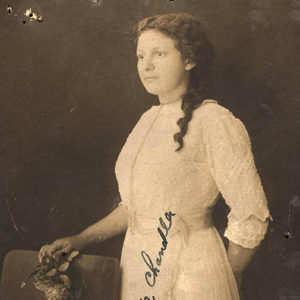 Katie Chandler Jones
Katie Chandler Jones
Entry Category: Race - Starting with J
 Katie Chandler Jones
Katie Chandler Jones
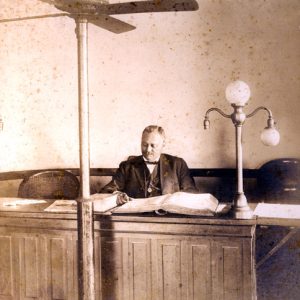 Scipio Jones
Scipio Jones
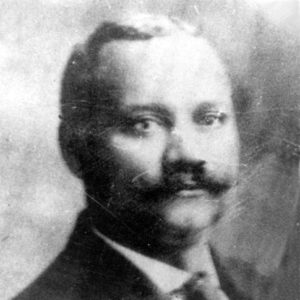 Scipio Jones
Scipio Jones
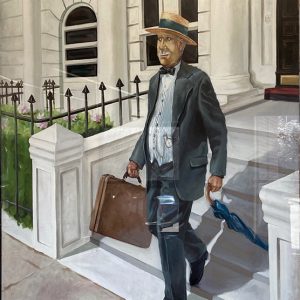 Scipio Jones Portrait
Scipio Jones Portrait
Jones, Scipio Africanus
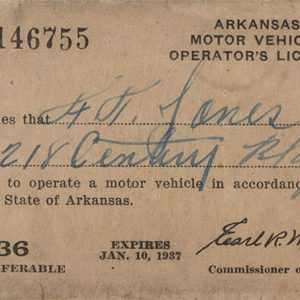 Jones's License
Jones's License
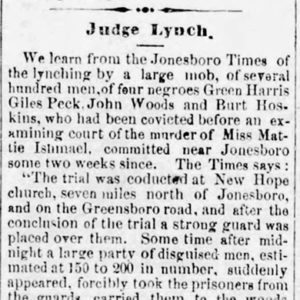 Jonesboro Lynching Article
Jonesboro Lynching Article
Jonesboro Lynching of 1881
aka: Greensboro Lynching of 1881
Jordan, Bob (Lynching of)
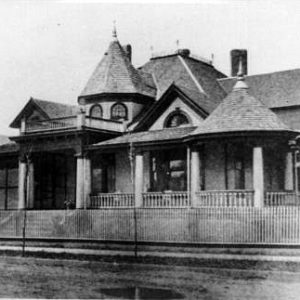 Lena Jordan Hospital
Lena Jordan Hospital
Jordan, Lena Lowe
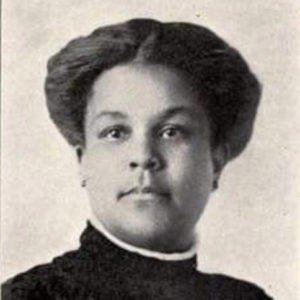 Mame Stewart Josenberger
Mame Stewart Josenberger




